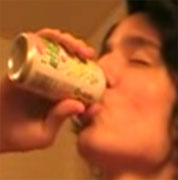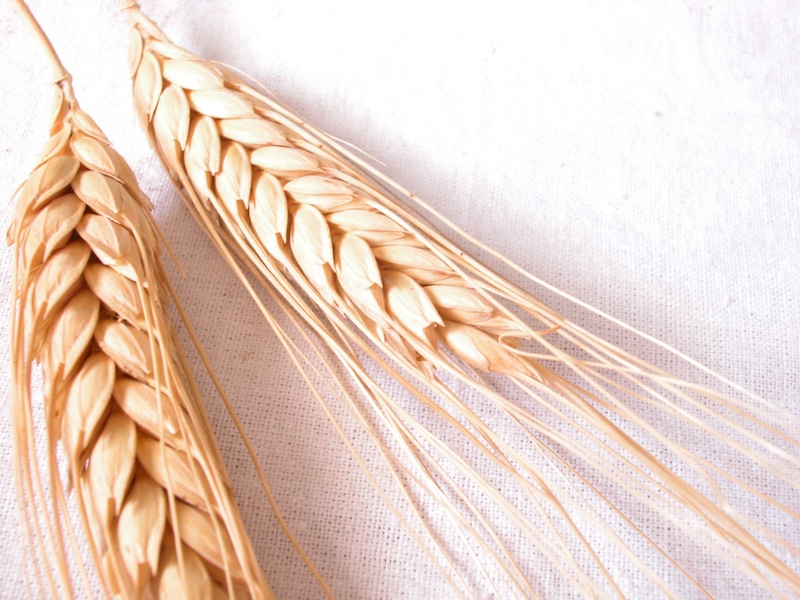
WEDNESDAY, Dec. 9 (HealthDay News) — Downing a cup or two of coffee after a few belts of liquor won’t sober you up enough to get you safely behind the wheel of a car, new research concludes.
Alcohol may lessen the effects of caffeine, but caffeine doesn’t mitigate the impaired decision-making brought on by alcohol, the study found.
The implications of the study are also especially important for younger people, to whom many of the new high-octane, alcohol-caffeine combination drinks are marketed, the researchers added.
“Caffeine decreases the sedative effects of alcohol but it doesn’t improve cognitive function, which means that decision-making processes may be compromised,” said Thomas Gould, co-author of the study published in the current issue of the journal Behavioral Neursocience. “People assume they’re not as drunk as they are and the impaired cognition that remains may lead to poor choices and decision-making. And people often drink more when it’s a caffeine-alcohol mix.”
“Caffeine doesn’t change blood alcohol levels and it doesn’t change things as far as being able to make proper choices, and those can lead to very dire consequences,” added Gould, director of Brain and Cognitive Sciences at Temple University in Philadelphia.
“Alcohol and coffee are not a good mix,” agreed Jean Bidlack, a professor of pharmacology and physiology at the University of Rochester Medical Center in New York.
The U.S. Food and Drug Administration is looking into the safety and legality of making and selling popular alcohol drinks that contain caffeine. In November, the agency sent letters to nearly 30 manufacturers of such drinks, which are marketed under names such as “Joose,” “Spykes” and “Sparks,” asking them to show why their products are safe and under what authority they think they can sell them.
According to an FDA news release, up to 26 percent of college students consume these high-octane beverages.
“There is a folklore that caffeine can sober you up,” Gould said. “We were explicitly testing to see if caffeine could improve alcohol-induced deficits in cognition.”
Gould’s team observed the behavior of mice that had been given ethanol, caffeine, or a combination of the two, in a specially designed maze.
Mice under the influence of ethanol had less anxiety and a reduced ability to learn, although they moved around more. This basically meant they were bumping into things they should have known were there.
Conversely, caffeine produced anxiety while decreasing both locomotion and learning.
When given together, ethanol interfered with caffeine’s anxiety-producing effect, but caffeine could not restore ethanol’s effects on learning. What you got was a laid-back mouse prone to taking risks and not knowing it was taking risks, the researchers said.
“This adds to the growing body of evidence that individuals who combine caffeinated energy drinks with alcohol may be inadvertently putting themselves at greater risk due to poor decision-making and the misperception that their judgment is intact,” said Jeffrey T. Parsons, chairman of psychology at Hunter College in New York City.
“One of the cautions [about the new study] is that this is an animal model, so we need to do more research to test this with humans. But I think the take-home message is a rum and coke isn’t going to stop you from being intoxicated and potentially making bad decisions,” he added.
Added Bonnie Levin, an associate professor of neurology at the University of Miami Miller School of Medicine, “Younger people are already more prone to risk-taking and impulsive decision-taking.”
More information
The U.S. Food and Drug Administration has more on alcoholic beverages containing added caffeine.

